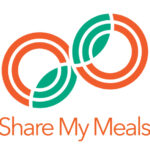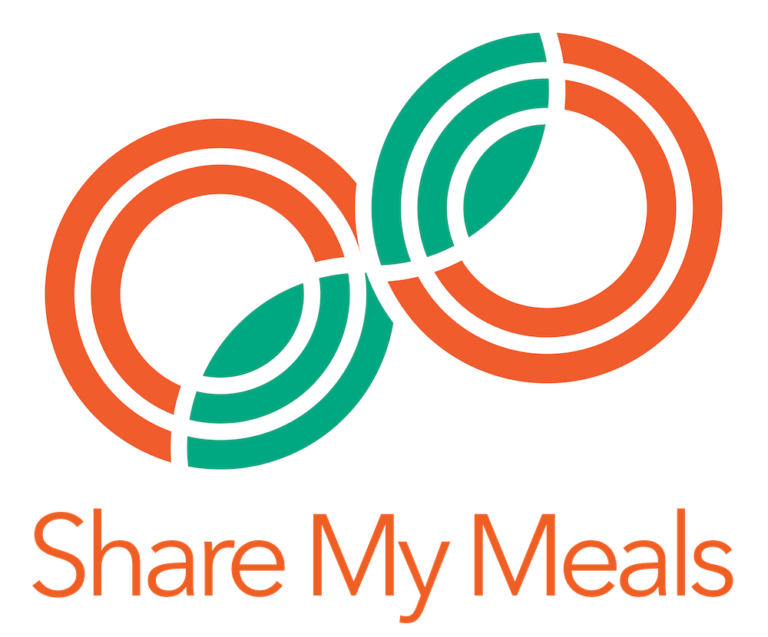By Melissa Lister
There is a variety of puzzling food date labels on consumable items, such as:
Best if Used By.
Sell By.
Expires on.
Use Before.
Consume or freeze by.
These labels not only lead to confusion regarding the safety and quality of the food but also have a significant impact on food waste and our environment.
It is estimated that between 20%-40% of consumable food (400 pounds per human) is thrown away in the U.S. each year due to confusing food labels.

That adds up to approximately 160 billion pounds of food thrown away in the U.S. every year and 1.3 billion tons of food waste globally. Usually, these arbitrary dates are not related to safety nor based on science but instead suggest the peak quality of the food.
“The United Nations has set its eyes on food waste, and food waste was a hot topic at the climate change summit in Paris. When you consider that nearly a third of the world’s farmland is used to grow food that is never eaten, and which then ends up releasing 3.3 billion tons of greenhouse gas while sitting in landfills, all while nearly 800 million people go hungry, you start to get a sense of the problem.” writes Wyatt Marshall on vice.com.
The only food item required (by the FDA) to have a “Use by” date is baby formula. No other food is federally required to have a dated food label, although individual State regulations vary. Currently, the State of N.J. requires date labels on all dairy and shellfish products.
In addition, all dairy products are restricted from being sold after the date listed on the carton in N.J. Even though not required, presently, most food manufacturers label almost all food so that consumers can gauge when the food retains its optimal flavor and quality. A significant amount of food is then discarded simply because of this random date.
The food industry, with support from the FDA, is presently trying to standardize the term “Best if Used By” on all packaged foods. This effort towards uniformity is part of a joint effort between the FDA, the EPA, and the U.S. Dept. of Agriculture. This initiative, called Winning on Reducing Food Waste, “involves educating consumers on ways to reduce food loss and waste, and how to do it safely without risking illness from consuming spoiled food.”
While most food remains safe to eat long past its expiration date, many consumers and retailers will throw it away. Some states currently prohibit the sale or donation of past-date food. However, there are no N.J. restrictions on food donated after the date listed. The current standards for donated food include food “not readily marketable due to appearance, freshness, grade, or surplus.”
The federal Bill Emerson Good Samaritan Food Donation Act provides national protection from both civil and criminal liability for food donors and organizations that receive and distribute food to needy individuals.

The myth that food with a past “best by” date can not be donated in N.J. is false.
So what is a consumer to do?
Be mindful of using the dates listed on food as a guide only. Remember that current food labeling is based on quality, not safety. Check food past the listed date to determine if the quality is still good to eat. If the food has changed noticeably in texture, color, or consistency, you may wish to avoid eating it. By realizing that a food date label is simply an estimate, we can help food waste decrease significantly.
For more information, please visit: www.fda.gov, policyfinder.refed.com/new-jersey, www.ReFed.com, FoodKeeper App, FDA’s Food Waste and Loss page, www.vice.com/en/article/ype4q7/stupid-state-laws-cause-millions-of-gallons-of-good-milk-to-get-thrown-out, www.smithsonianmag.com/smart-news/sell-and-best-dates-food-are-basically-made-hard-get-rid-180950304

Melissa Lister is a Share My Meals volunteer in Montgomery NJ





